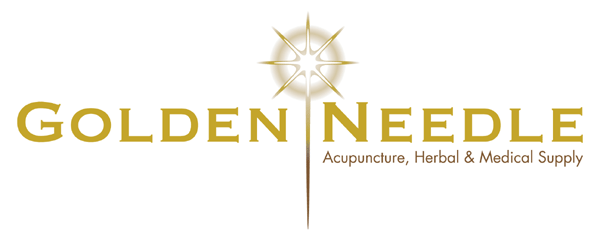The Use of Mushroom Nutrition According to Traditional Chinese Medicine and Acupuncture - An MRL Webinar
Must be logged in as a practitioner to view lectures.
The Use of Mushroom Nutrition according to Traditional Chinese Medicine and Acupuncture with PROFESSOR ANA VARELA.
TCM practitioners are increasing faced with elderly clients that require simple solutions to their health care requirements. While acupuncture can address most neuromuscular conditions that reduce pain, many clients can also benefit from mushroom nutrition where TCM formulas are not available or prohibitive due to lack of herbs. In this course, practitioners learned the TCM profile of 11 mushrooms and the best strategy to use mushroom nutrition to complement acupuncture according to TCM differential diagnosis. . Additionally, contra-indications and case studies were addressed.
Mushroom Nutrition as a Neuroprotective Agent: Perspectives from Western Medicine and TCM with PROFESSOR WILFRIED LEGEIN.
The mushrooms Yun Zhi (Coriolus versicolor) and Hou Tou Gu (Hericium erinaceus) have played a role in TCM formulas focused on the aging process. TCM concepts such as humoral immune response (weiqi) and anti-aging brain response (bu nao) are attributed to these mushrooms. In this webinar participants will review the TCM theory supporting both weiqi and bu nao. Additionally, participants will review the latest clinical research on how the presence of the beta-glucans, proteoglycans, secondary metabolites and enzymes in the biomass form of these mushrooms explains their respective neuroprotective properties via the promotion of:
-Anti-viral activity
-Prebiotic potential on microbiota
-Lipoxin A4 activation
-Increase in neurogenic /cognitive reserve
-Neuronal branching
-NGF synthesis
An explanation of the impact of mushroom nutrition on Lipoxin A4 (LXA4), Heme Oxygenase-1 (HO-1), Heat Shock Protein 70 (Hsp-70), and Thioredoxin (Trx) in neuroinflammation were described in detail.
